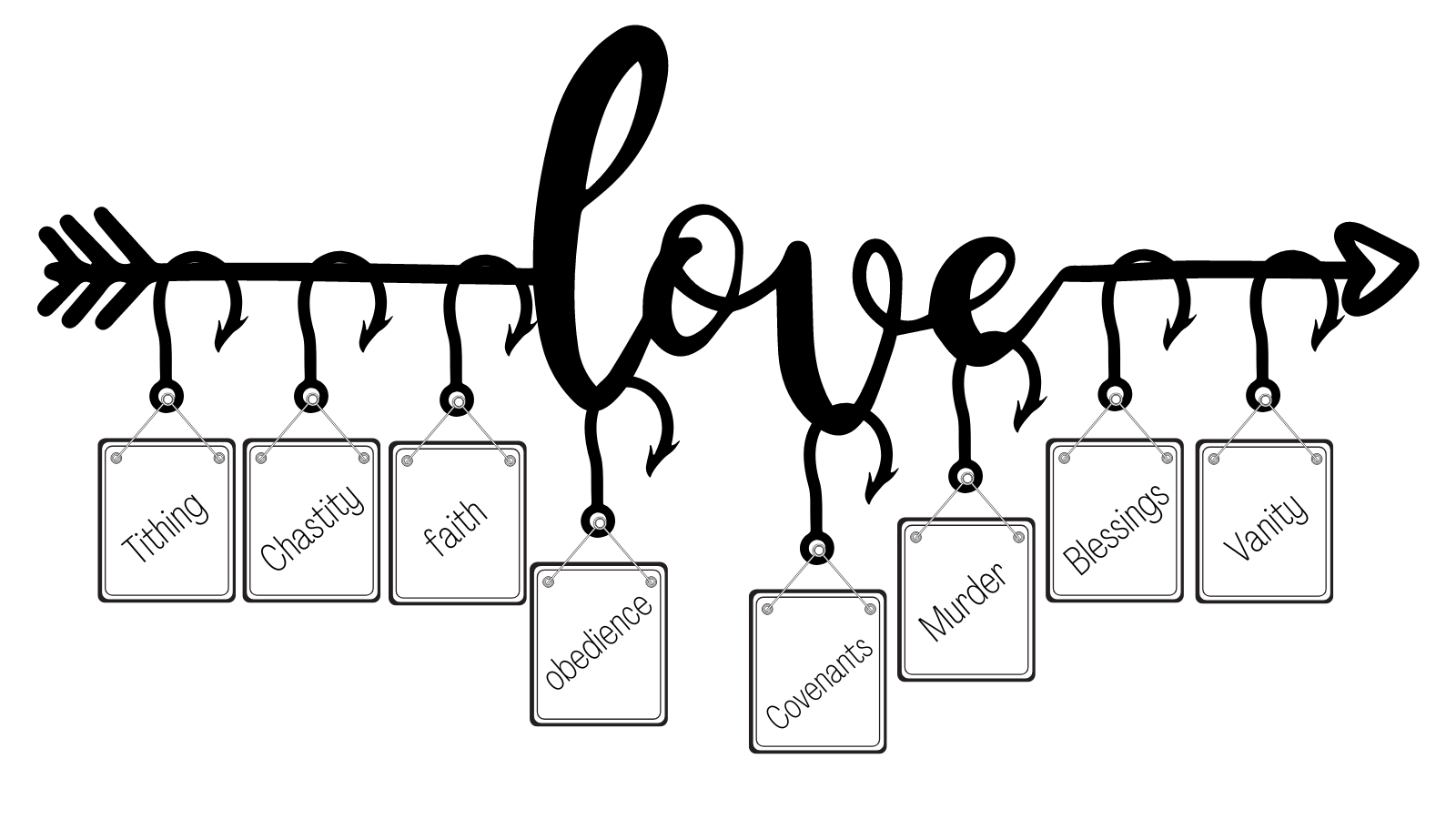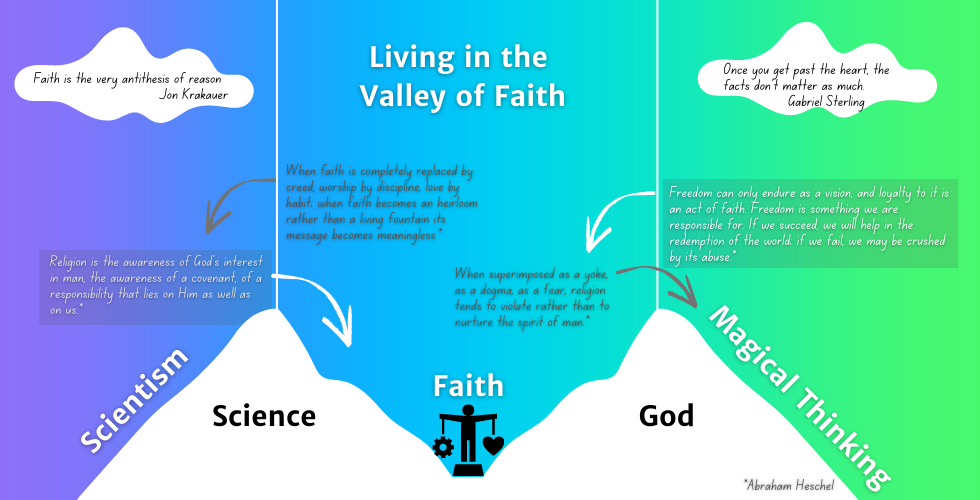Recent Posts
The lost 116 pages, Joseph Smith, prayer, and God's response
A few years ago, I wrote about importuning prayers in the post “The importuning Joseph, the lost pages, and relational theology (D&C 3:1-2, D&C 10:1-3)”. In that post, I try to convey that Joseph’s fault was not in petitioning God multiple times. His fault was in worshiping Martin over God. We have a bit of lore around the lost 116 pages of the Book of Mormon. If you don’t know the story then you can review this article and Chapter 5 of Saints to get the background.
read more
In gratitude for the Omnibenevolence of God
A rephrase of Rex Butterfield’s ‘In Gratitude for the Omniscience of God’ At times during my classes, I share my thoughts about a God that loves in time. Related to God’s physical body and his spatial location in time, we often discuss the importance of understanding the implications of using the Omnis in our discussion of God’s attributes. One student shared Rex’s devotional with me. Anybody that has followed MostMovedMover will know that his devotional would cause me some angst.
read more
Was Jesus a leader or a manager?
The members of the Church of Jesus Christ of Latter-day Saints are in the New Testament (NT) this year.1 The last time we were deep in the NT, we were naive to leadership in times of national and world stress. We had experienced so many years of bliss that we forgot what being a leader meant. COVID-19 struck just after we finished our last study of the NT. As we have explore the NT, I hope we pay special heed to the leadership exemplified by John, Jesus, Peter, and Paul.
read more
Can we explain our theology as Latter-day Restorationism?
During the fall of 2021, our family got the chance to stay a few days with one of my wife’s childhood best friends. Her husband is a preacher for the Churches of Christ, which Wikipedia explains ‘have their historical roots in the Restoration Movement, which was a converging of Christians across denominational lines in search of a return to an original, “pre-denominational” Christianity’ (emphasis mine). We spent two three-day weekends at their home.
read more
Can we stop it with the punishment and reward conversations (Hosea 2:8)?
For she did not know that I gave her corn, and wine, and oil, and multiplied her silver and gold, which they prepared for Baal.
Hosea 2:8, KJV
Do we believe this verse of scripture? Do we think that our God will give us all that he can, even when we are using those things to honor another God? Do we believe that God gives good to those who do wrong?
read more
What is agency but the choice to love (relational agency)?
One of the features of Latter-day Saint thought is the deep and committed response to God’s children having agency or free will. We see this as the founding thought of the cosmos, one that existed as long as God (D&C 93:29-31, 2 Nephi 2:11). In fact, it is ’the agency of man’ to receive and reciprocate the light or love that was ‘plainly manifest unto’ each of us from the ‘beginning’ (D&C 93:31) that aligns quite well with Jesus’ two great commandments in response the question of the greatest commandment in the law (Matthew 22:37-40).
read more
Gideon and Faith over Magical Thinking (Judges 6 & 7)
The story of Gideon in Judges 6 provides a narrative for discerning magical thinking from faith. What I love about Gideon’s story in Judges is how it helps me understand where faith and reason can help us break down the magical thinking often bubbling to the surface in Sunday lessons and our lives. Remember from my previous post that magical thinking is the idea that by a grand sacrifice, magical action, or special connection, you can earn special privileges to information or prevent causally unrelated misfortunes to you or others.
read more
Comparing Scientism, Faith, and Magical Thinking
Comparing Scientism, Faith, and Magical Thinking Over the years, we have all seen the battle between religion and science, faith and logic, belief and reason, Christian and Atheists, or however it is called in the latest stir-up. These contrived battles between perceived ‘opposites’ put many of us into thought camps that may make us hold on to fallacies much longer than we should. I was raised in a family of faith that wanted to make sure I never succumbed to science’s intellectualism, which has helped me hold on to a few ‘magical beliefs’ much longer than I should have.
read more







